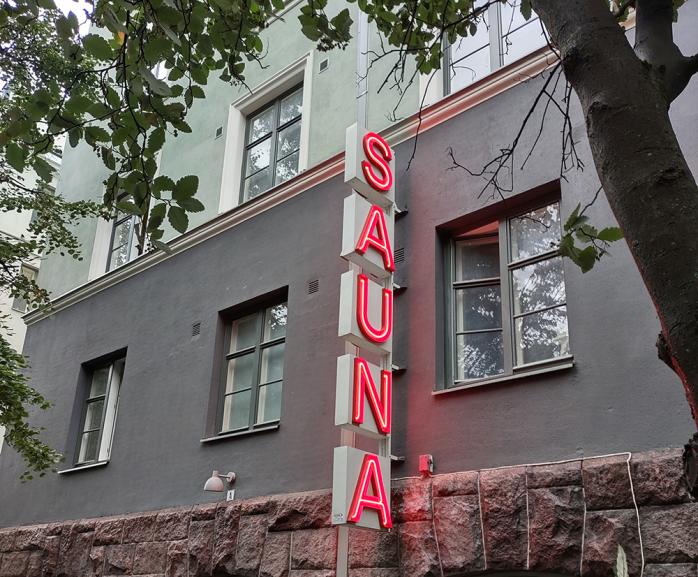

In the U.S., it is estimated that there are over 380,000 persons with a serious mental illness in jails and prisons. About 169,000 people with a mental illness are homeless. A substantial portion of these persons struggle with substance abuse problems. While not on the same scale as the U.S., Finland also confronts the significant challenges of persons with mental illness and substance abuse problems in its criminal justice system.
The vast majority of persons with serious mental illness are not dangerous. But, studies have shown the risk of violence and crime is elevated among persons with untreated symptoms of certain mental illnesses, especially when combined with substance abuse. These factors also make people more likely to be the victims of crime.
The healthcare ‘system’ for persons with mental illness in the U.S. is notoriously fragmented, with a lack of community support services. Mental health treatment—when available—is delivered and funded by a maze of private, public, for-profit, and nonprofit entities. Individuals and families can face overwhelming difficulties getting the help they need. As a result, many people ‘fall through the cracks’ and end up in jail or homeless. This also makes it difficult to adequately examine questions of how use of community mental health services might reduce rates of crime and incarceration.
Finland presents an ideal setting to study relationships between the mental health and criminal justice systems. Because of its publicly-funded universal healthcare system that is administered largely at the municipal level, more complete records are maintained on aspects of mental health services. This enables me to examine data on inpatient and outpatient treatment, and supportive housing at the community level, in a way that is not possible in the U.S.
"Finland presents an ideal setting to study relationships between the mental health and criminal justice systems."
As a Fulbright U.S. Core Scholar, I’ve been extraordinarily fortunate to work with social scientists at the University of Helsinki’s Institute of Criminology and Legal Policy, one of Europe’s top criminology research centers. Researchers at various government agencies, including THL (Finnish Institute for Health and Welfare) have helped provide necessary data.
While here, I’ve had the opportunity to talk with several of the country’s top mental health researchers, criminologists, and visit prison facilities. We have had very engaging conversations and they have graciously shared their ‘ground level’ knowledge of how systems here operate, giving me a better understanding of what’s going on in the data. Much of our discussions focus on similarities and differences between the U.S. and Finland in our problems and solutions.
Exploring Finland's vibrant cities
"I’ve long believed that no matter where you are, ‘the people make the place’."
In addition to my research, I have enjoyed Finland’s vibrant cities, beautiful nature, and its many cultural offerings.
One of my favorite experiences was going to the Kotiharjun Sauna in the Kallio neighborhood of Helsinki. I happened to go there on a Sunday afternoon when the ‘old-timers’ gathered. It was obvious to them I was a novice. Despite this, they were very welcoming. They shared stories, and showed me the ritual of going from the dark, super-hot wood-fired sauna, to sitting outside in our towels with a refreshing beer (“saunaolut”). They were delighted that I had come a long way, and wanted to experience their special place that has been around since the 1920s.

I’ve long believed that no matter where you are, ‘the people make the place’. From my helpful research colleagues, to all the friends I’ve made here, to the old timers at the public sauna, they have all shown that Finland is truly a special place.


